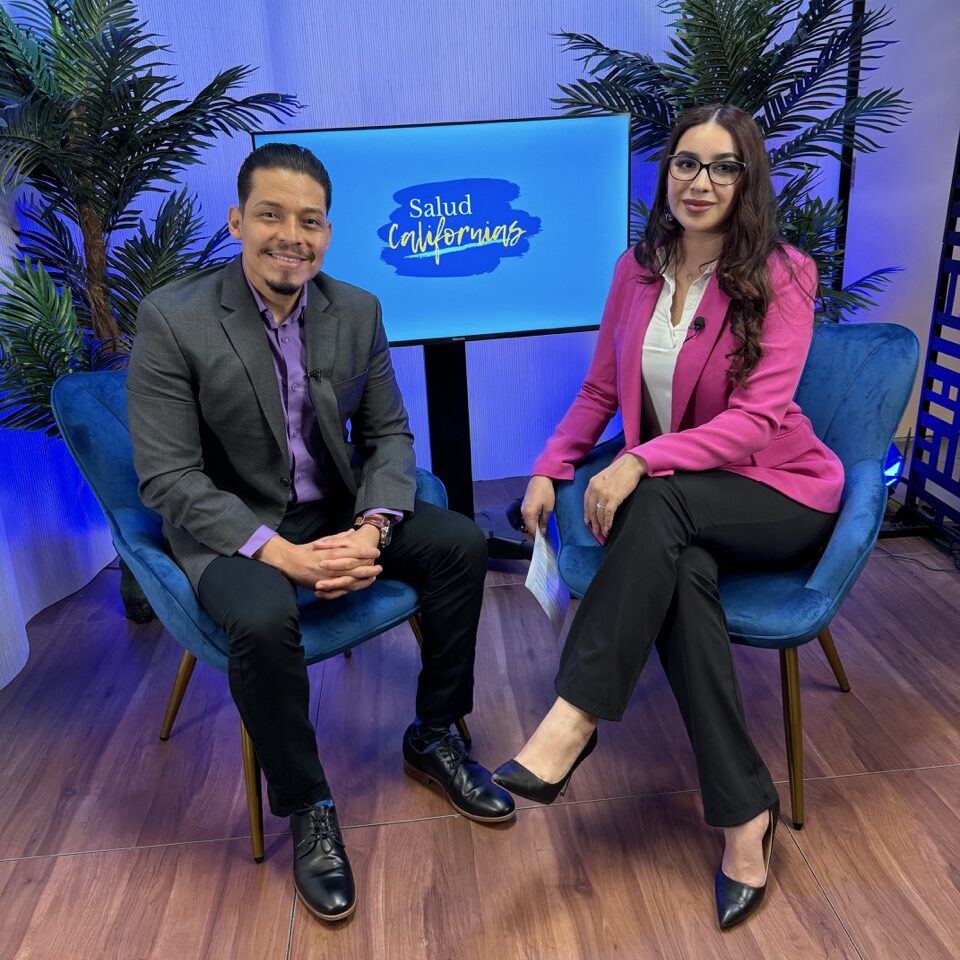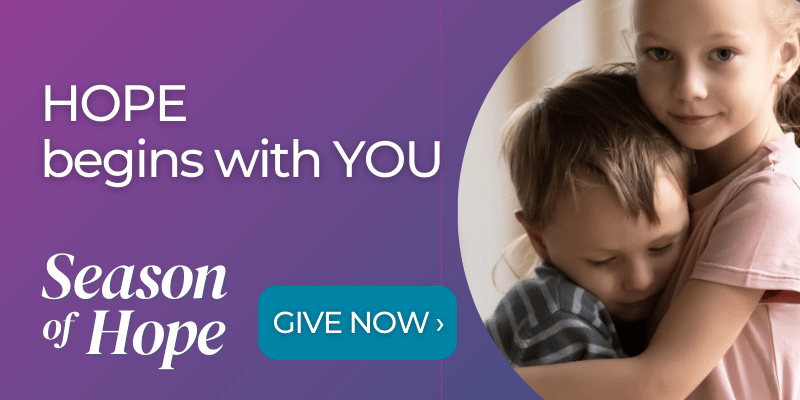
Domestic Violence Prevention and Support for Vulnerable Communities in San Diego
In an interview with KSDY50’s Paola Guerrero on Salud California, CRC’s Domestic Violence Education & Prevention Manager, Luis Canseco, share insights about our mission to support individuals and families impacted by domestic violence. From providing shelter and counseling to educational programs in schools and communities, CRC is committed to breaking the cycle of abuse.
Watch the Interview:
The interview is in Spanish. For an English translation, click the “CC” button at the bottom right, then go to “Settings” and select “Auto-translate” to English. Alternatively, see the translated transcript below.
If you or someone you know needs support, learn more about our Domestic Violence Services.
📞 CRC’s 24-hour Domestic Violence Hotline: 1-877-633-1112
Video Transcript: English Translation
Paola Guerrero: Hello, friends of Salud California! Welcome to another edition. Today we have with us Luis Canseco, a representative of the Community Resource Center (CRC). Luis, welcome.
Luis Canseco: Thank you very much for the invitation. I’m really grateful to be here to discuss a sensitive but very important topic: the prevention of domestic violence.
Paola Guerrero: Luis, tell us, what is the mission of the Community Resource Center?
Luis Canseco: Our mission is to support the community, especially those facing domestic violence. We offer a range of services to individuals going through such difficult situations, but we also help the low-income community with financial assistance programs and food distribution.
Paola Guerrero: In addition to these programs, what other services do you offer to those facing domestic violence?
Luis Canseco: We have shelters for people who need a safe place to stay. If we don’t have available space, we collaborate with other agencies in San Diego to find refuge. Additionally, we have a 24-hour help line. It’s important to clarify that this is not an emergency line but rather for those seeking help to leave an abusive relationship or who need support for their family.
We also offer counseling for adults and young people who have grown up in environments where there is domestic violence. Even if the children are not directly affected, witnessing family conflicts can significantly impact their emotional well-being.
Paola Guerrero: That’s incredibly valuable work, Luis. Now, how can we raise more awareness and educate the community on this topic?
Luis Canseco: In our prevention department, we run educational programs in elementary schools, high schools, universities, and for adults as well. Our goal is to educate both young people and parents so they can continue this conversation at home. I always tell parents that although I may be with their children for one or two hours, they will be there to guide them for the rest of their lives. We want families to speak openly about domestic violence to break the taboo that often normalizes such situations.
Paola Guerrero: How can we support someone close to us who might be experiencing domestic violence, even if it doesn’t directly involve us?
Luis Canseco: It can be frustrating to try to help someone in that situation, especially if they are not ready to accept help. However, it is crucial to be there to listen and support. We always recommend that people learn about local social services so that if they have a friend in need, they know where to go for help.
Paola Guerrero: Where can people reach you if they need help?
Luis Canseco: We have offices in Encinitas, San Marcos, and Carlsbad. Our website is crcncc.org, and there you can find our contact numbers as well.
Paola Guerrero: Thank you so much for this valuable information, Luis. We know that these topics can be difficult to discuss, but they are crucial, especially within the Latino community.
Luis Canseco: Thank you for having me. I would just like to add that in my five years working in this field, I’ve noticed that at our educational events, it’s mostly mothers who attend. We also want to encourage fathers and men to engage in this conversation because we have a responsibility to talk about this issue and not tolerate abuse. It’s vital that men also join this effort.
Paola Guerrero: I love that message! Thank you so much for your time, Luis. We will definitely continue this conversation in another session since these topics have so many facets to explore.

